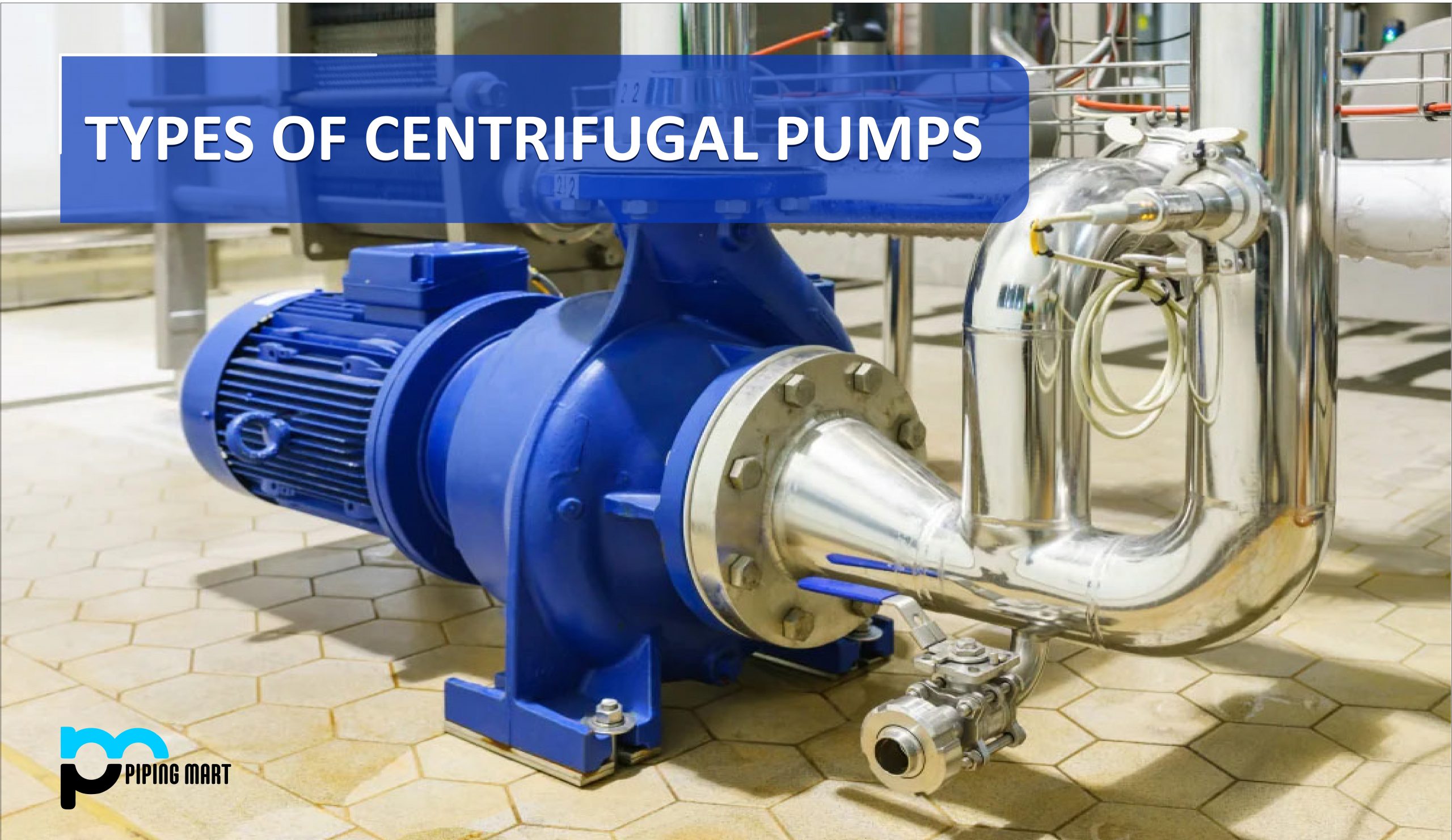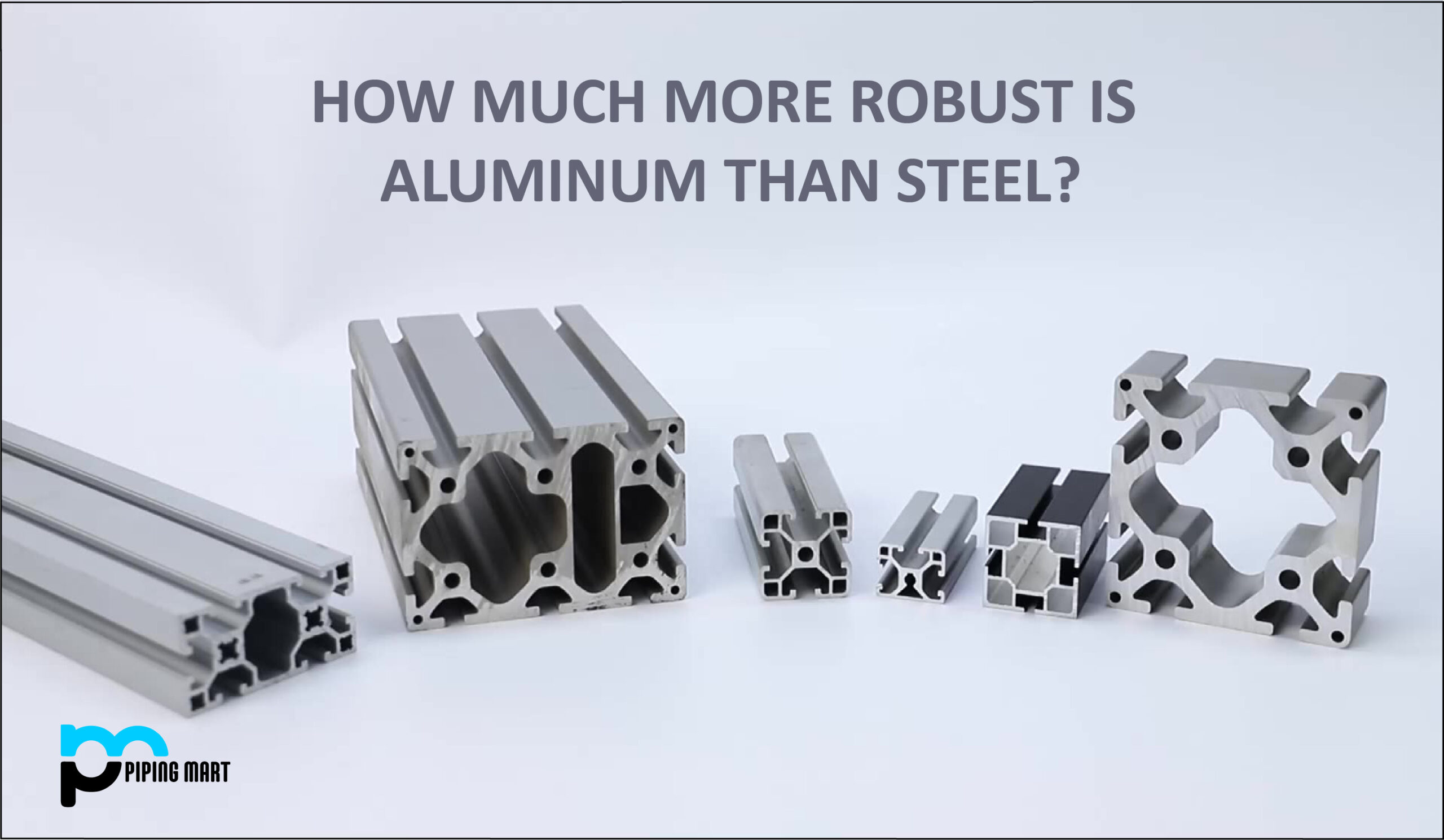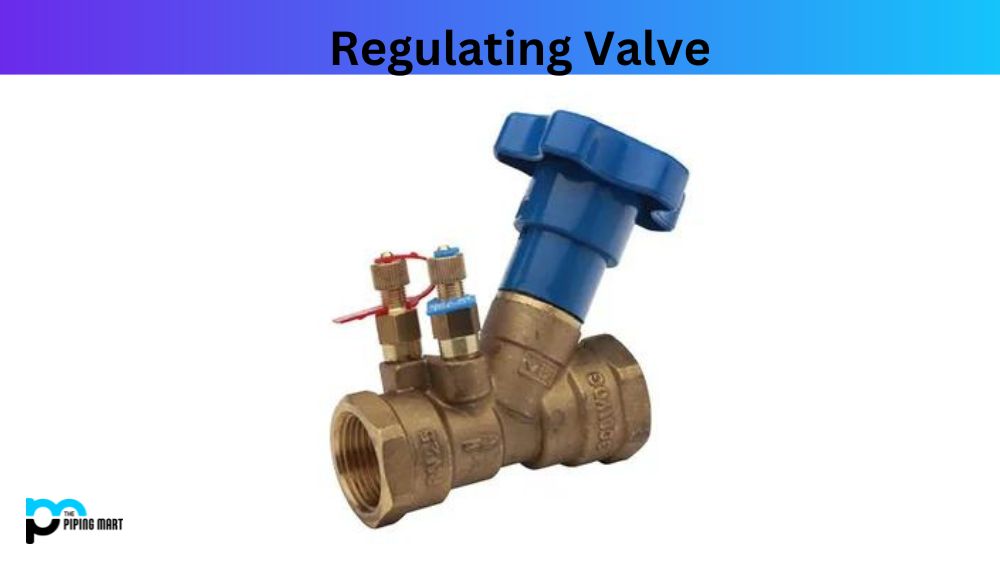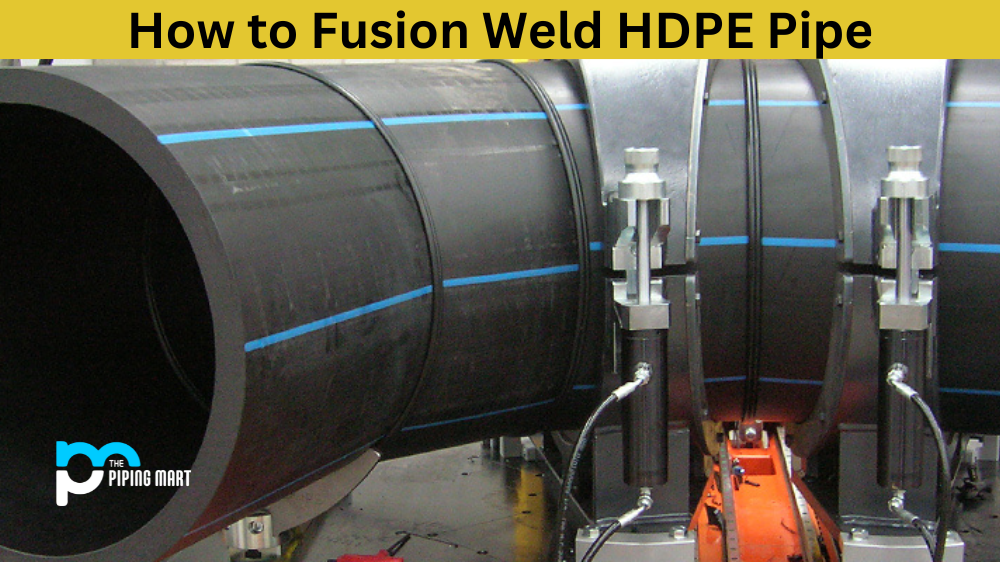Centrifugal pumps are classified into the following categories based on several factors:
Number of impellers in the pump
-
-
- Single-stage pump
- Double-stage pump
- Multi-stage pump
-
Orientation of case-split
-
-
- Axial split Pump
- Radial split Pump
-
Type of impeller design
-
-
- Single suction Pump and
- Double suction Pump
-
Compliance with industry codes and standards
-
-
- ANSI pump – (American National Standards Institute)
- API pump – (American Petroleum Institute)
- DIN pump – DIN 24256 specifications
- ISO pump – ISO 2858, 5199 specifications and
- Nuclear pumps
-
Type of volute
-
-
- Single volute Pump
- Double volute Pump
-
Where the pump bearing support
-
-
- Overhung Pumps
- Between-bearing Pumps
-
Orientation of the pump shaft
-
-
- Horizontal Pump
- Vertical Pumps
-
Benefits of Centrifugal Pump
The following are the benefits of using a centrifugal pump:
- Handle viscous and non-viscous fluids
- fewer components
- Simple mechanism and structure
- Reduced frictional loss
- Extremely Effective
- Low Maintenance Cost
- There is no shock or pulsation, and the pressure is uniform.
- Compact design that takes up less space
- Reliable torque
- Simple to install.
- Less clamorous
- Heat transfer is negligible due to the separation of the pump and motor.
Drawbacks of Centrifugal Pump
The following are the limitations of a centrifugal pump:
- As the impeller rotates, the liquid suction becomes less powerful. As a result, priming is required.
- Magnetic resistance in the connection can cause energy losses.
- As the viscosity of the fluid increases, efficiency decreases.
- Overheating of the pump might cause centrifugal pump failure during low-flow conditions.
- Unsuitable for high-pressure applications
- Cavitation occurs when a system is not properly designed and built.
How do Centrifugal Pumps work?
The liquid flows into the impeller through the pump suction nozzle. The rotating impeller transfers energy to the fluid, accelerating it to the impeller’s edge. Finally, the fluid drains into the pump casing, where it is slowed by the gradually expanding section. The fluid’s kinetic energy is turned into pressure energy.
A centrifugal pump generally operates in four steps.
- Priming of the Pump, and
- Turning on the motor to rotate the impeller
- Allowing the liquid to enter through the suction nozzle
- Rotating the impeller and allowing centrifugal force to work on the liquid to increase velocity and pressure
Difference between Centrifugal Pump and Centrifugal Compressor
- The primary distinction between a centrifugal pump and a centrifugal compressor is that pumps primarily handle liquids, whereas compressors compress gases.
- There is no change in fluid volume in a pump, while the gas volume decreases in a compressor.

Pipingmart is B2B portal specializes in industrial, metal and piping products. Also, share latest information and news related to products, materials and different types grades to help business dealing in this industry.




